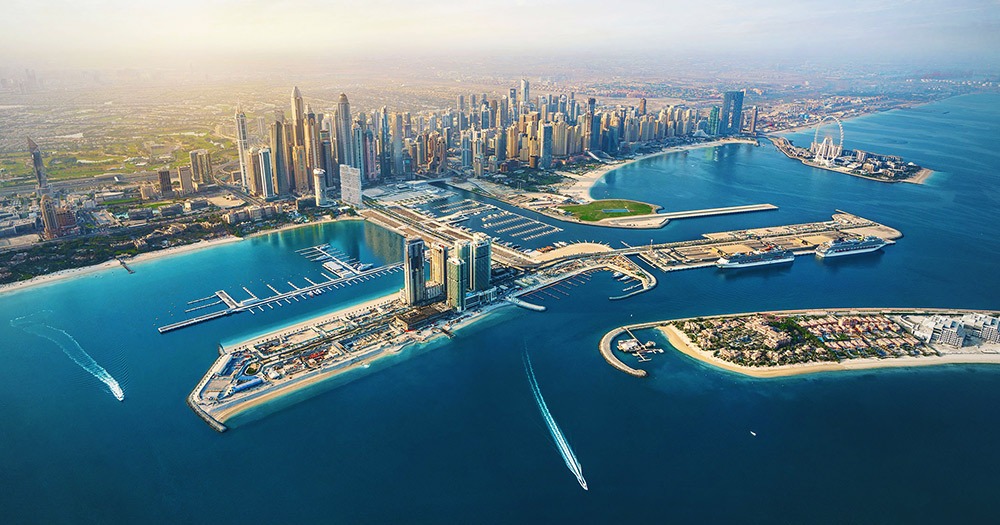
In 2024, Dubai’s real estate sector continues to demonstrate resilience and growth despite global economic challenges. This enduring stability has cemented the emirate’s appeal among both local and international investors, developers, and residents alike. One pivotal shift since the financial crisis of 2008 has been the implementation of rigorous regulatory measures by entities like the Dubai Land Department and the Agency for Real Estate Management. These measures aim to bolster market transparency and safeguard investor interests, instilling confidence in the real estate landscape.
Concerns persist among investors regarding the security of their investments, particularly in ongoing construction projects. In response, Dubai authorities have introduced pivotal measures to assuage these fears. The enactment of legislation pertaining to conditional deposits ensures that funds allocated to new developments are securely held in escrow accounts, safeguarding against project disruptions and instilling investor confidence.
Furthermore, Dubai’s proactive approach to economic diversification has been instrumental in reducing reliance on oil revenues and bolstering the emirate’s overall economic resilience. This diversification, coupled with sustained growth in non-oil sectors, mitigates vulnerabilities to global oil price fluctuations, thereby fortifying Dubai’s appeal as an investment destination.
The implementation of the Dubai General Development Plan until 2040 represents a tangible commitment by local authorities to steer the emirate’s growth sustainably. This comprehensive plan encompasses the expansion and enhancement of residential, commercial, and public spaces, underscoring Dubai’s dedication to fostering a conducive environment for investment and development.
Several distinctive advantages position Dubai’s real estate market favorably compared to its international counterparts. Its strategic geographic location as a crossroads between East and West facilitates international business activities and ensures robust rental yields coupled with comparatively lower property prices. Moreover, ongoing infrastructural advancements, including transportation networks and utilities, augment the city’s allure for both residents and businesses, further enhancing property values and rental demand.
Of particular note is the provision of a 10-year residence visa for property investors, which serves as a potent incentive for long-term investment in Dubai’s real estate market. This policy not only attracts high-net-worth individuals seeking residency options but also bolsters demand for properties within the emirate.
In navigating the dynamic landscape of Dubai’s real estate market in 2024, investors are advised to conduct thorough market research and due diligence. Understanding prevailing market trends, supply-demand dynamics, and regulatory frameworks is paramount to identifying lucrative investment opportunities and mitigating potential risks. By leveraging Dubai’s strengths as a burgeoning investment destination and embracing proactive investment strategies, investors can position themselves to capitalize on the myriad opportunities afforded by the emirate’s vibrant real estate sector.


